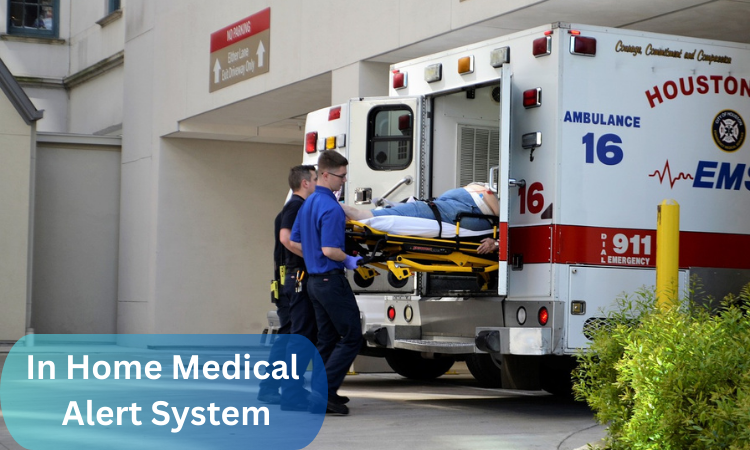
Medical alert devices, once clunky pendants and landline connections, have undergone a metamorphosis. Now, they’re sleek wearables, smartphones, and voice-activated assistants, woven seamlessly into the fabric of our lives. But this is just the beginning. The future of medical alert devices is poised to be even more transformative, blurring the lines between emergency responders and personal health guardians.
1. AI-Powered Proactive Care:
Imagine a device that can predict your health needs before you even feel them. AI-powered algorithms will analyze your vital signs, activity levels, and even sleep patterns, identifying subtle changes that might indicate an impending health crisis. This proactive approach could prevent falls, detect chronic illnesses early, and even predict heart attacks.
2. Biometric Integration:
Say goodbye to clunky monitors and hello to seamless integration. Medical alert devices will become one with your body, monitoring vital signs like blood pressure, oxygen levels, and even blood sugar in real-time. This constant data stream will provide an unparalleled view of your health, allowing for personalized interventions and preventive measures.
3. Personalized Emergency Response:
No more one-size-fits-all emergency calls. AI will analyze your medical history, current health data, and even environmental factors to tailor the emergency response. Imagine a fall triggering not just an ambulance, but also a message to your doctor and an alert to your family, all within seconds.
4. Mental Wellbeing Guardians:
Medical alert systems won’t just focus on physical health. They’ll become mental health companions, monitoring mood swings, sleep patterns, and even social interactions. Imagine a device that detects signs of anxiety or depression and proactively connects you with mental health resources before things escalate.
5. Predictive Fall Prevention:
Falls won’t be a matter of chance. AI-powered systems will analyze your gait, muscle strength, and even environmental hazards in your home to predict your fall risk. This data will then be used to personalize fall prevention strategies, from targeted exercises to smart home adjustments.
6. Interconnected Ecosystem:
Your medical alert device won’t be an island. It’ll be part of a vast ecosystem, seamlessly integrating with your smart home, wearable fitness trackers, and even your doctor’s office. This interconnectedness will create a holistic view of your health, allowing for personalized care plans and proactive interventions.
7. Voice-Activated Guardians:
Forget buttons and touchscreens. You’ll simply speak your needs. Imagine saying, “I’m having chest pain,” and your device instantly connecting you to emergency services and providing real-time instructions. This voice-activated interface will be especially helpful for seniors and individuals with limited mobility.
8. Beyond Emergencies:
Medical alert systems will become your personal health coaches, guiding you towards a healthier lifestyle. Imagine a device that reminds you to exercise, monitors your nutrition intake, and even suggests personalized fitness routines based on your real-time health data.
9. Privacy and Security as Cornerstones:
As medical alert systems become more sophisticated, the need for robust privacy and security measures will be paramount. Imagine blockchain technology safeguarding your health data, AI algorithms trained to detect and prevent cyberattacks, and transparent user controls over data sharing.
10. A World Without Walls:
Medical alert systems won’t be limited by geography. Imagine a global network of interconnected devices, providing real-time emergency response and health monitoring no matter where you are in the world. This will be a game-changer for travelers, adventurers, and anyone living abroad.
The future of medical alert devices is exciting, promising a world where technology becomes our personal emergency response system guardian, predicting and preventing emergencies, promoting well-being, and empowering us to live life to the fullest, without fear. So, buckle up and get ready for a health revolution where the lines between safety and well-being blur, and your medical alert system becomes your silent partner, guiding you towards a healthier, happier future.


